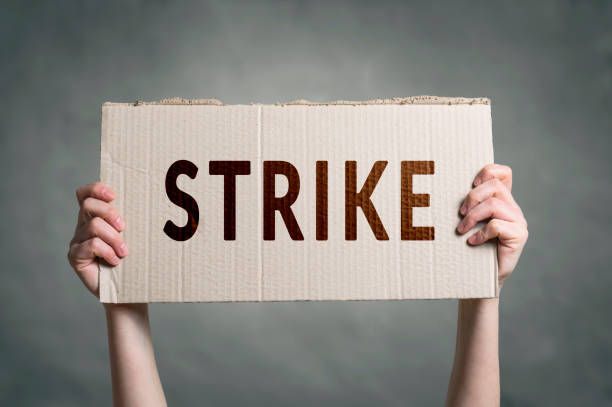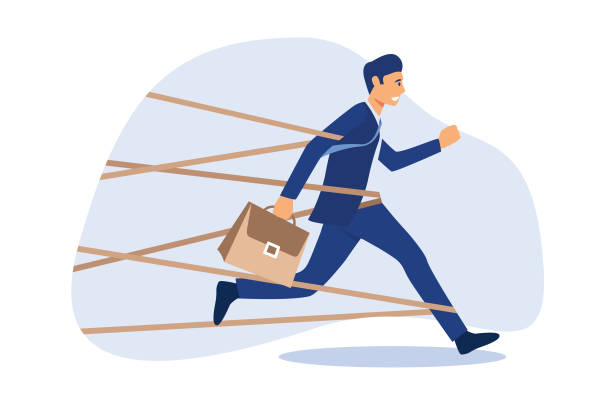No matter how you feel about the strike against Boeing, in which more than 32,000 workers walked off the job when a majority of them rejected a 25% pay raise over four years, you should be relieved a bad proposal failed in the 2024 legislative session. (Boeing’s offer for a raise is now up to 30% over four years plus a performance bonus. The union has demanded 40% since talks began.)
Had House Bill 1893 made it out of the sausage-making factory and into law, the state’s unemployment benefit fund would be paying tens of thousands of people not to work, despite the fund being financed by employers and meant for people who lose work through no fault of their own.
This scenario was exactly what the Washington Policy Center worried about when we opposed House Bill 1893 and its companion bill, Senate Bill 5777. HB 1893 went the furthest and had 51 representatives cosponsoring the dangerous policy. Fifty-one cosponsors is a lot and only not surprising because of how unions back candidates who support them — or try to defeat lawmakers who don’t. Washington state workers and consumers are lucky the bills didn’t make it out of the session alive.
Unemployment benefits provide people with temporary income when they lose work through no fault of their own. That definition does not fit a striking worker. The money partly replaces lost earnings while a worker looks for employment. The benefits are funded by taxes on employers and are not based on need. While receiving the benefits, a worker’s responsibility is to find new employment as quickly as possible.
A summary of HB 1893 says the bill would remove the prohibition against striking workers from receiving unemployment insurance (UI) benefits, allowing “striking workers to qualify for UI benefits on the Sunday following the first day of a strike.” Boeing machinists have been on strike since Sept. 13. The union's last strike at Boeing in 2008 lasted about two months.
Fox 13 Seattle reports striking workers have started receiving strike pay from a union strike fund. That’s as it should be. Unions charge workers union dues to represent them. When a union demands a work stoppage, helping the employees who go along with a strike should be part of the deal.
The International Association of Machinists and Aerospace Workers (IAM), the union representing the Boeing employees on picket lines, better be ready to help workers a lot more. If a new contract is not in place by today, it is reported that company-paid healthcare benefits will be stopped on Tuesday.
Strikes in the private sector can have big consequences for unions and workers, not just employers. If employers were forced to fund the strikes against them, as the legislation from last year sought, they’d have far fewer consequences.
Giving UI benefits to striking workers would create an imbalance between business and labor, make strikes more frequent and lengthy, increase costs and services for consumers and hurt other workers in the state who are told they can rely on unemployment benefits. Giving fund dollars to people choosing not to work should offend all Washington state workers.
These union-favor bills failed to pass the finish line in the last moments of the 2024 session, but big labor promises the policy proposal will be back. I hope lawmakers aren’t into it, especially after being able to clearly see what a Boing strike could do to the fund.






